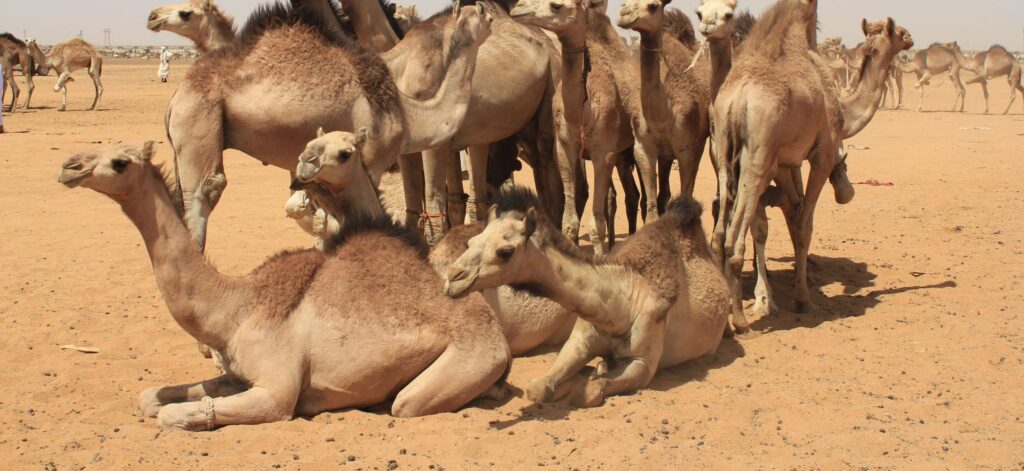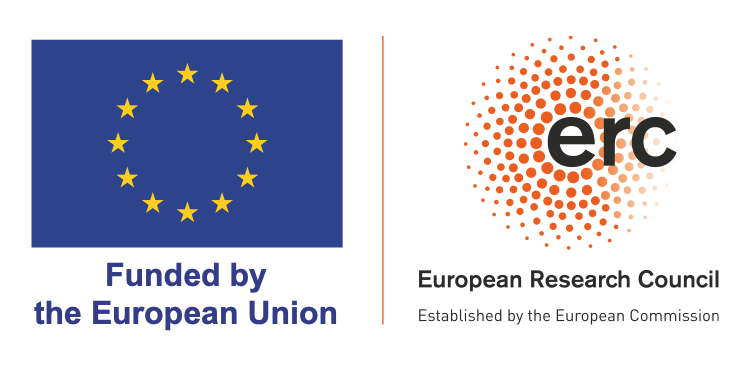What is Bedouin-Type Arabic?
The linguistic and socio-historical realities behind the millennia-old dichotomous concept of nomadic and sedentary people in the Middle East and North Africa
More than 350 million people speak Arabic in linguistic settings that are for the most part characterised by a high degree of diglossia. Some of the countless spoken Arabic varieties in use from Iran to Mauretania will be investigated in the framework of an ERC Advanced Grant by the WIBARAB project (What Is Bedouin-type ARABic?).
As its name indicates, a particular concern of the WIBARAB project is the language of the Bedouins which has spread with the Arab expansion in the Middle East and North Africa since the 7th century. In a cooperation between the Institute of Oriental Studies (University of Vienna) and the Austrian Centre for Digital Humanities and Cultural Heritage (Austrian Academy of Sciences), WIBARAB aims to better understand the nature of the linguistic dichotomy between sedentary and nomadic varieties, a fundamental concept to Arabic language history, by applying innovative and interdisciplinary research methods. To pursue this goal, the project will collect new data through extensive fieldwork in Saudi Arabia, Kuwait, Jordan, Lebanon, Sudan, Tunisia and Morocco. Along with linguistic data, WIBARAB will also investigate social parameters, focusing in particular on the question of whether the prevalence of tribal structures and patriarchal social patterns helps to explain the linguistic conservatism of Bedouin dialects.
Both newly collected and already published data will be systematically stored in a database that will allow for efficient cross-dialectal comparisons, particularly with regard to phonological, morphological, syntactical, phraseological and lexical features. This will be possible thanks to the help of the ACDH-CH team, which will further develop and refine its text-technological stack and take care of data modelling and corpus design, as well as of the implementation, publication and long-term preservation of the project’s database.
About the Project
This project has received funding from the European Research Council (ERC) under the European Union’s Horizon 2020 research and innovation programme (grant agreement No. [101020127- WIRARAB]). It runs from October 2021 to September 2026. WIBARAB adopts a combination of methods grounded in dialectology, general linguistics, sociolinguistics, and historical interpretation.
The project comprises six Work Packages (WP):
WP-1 New linguistic data from the field generates fresh data by providing comprehensive grammatical descriptions of three hitherto under-investigated or even unknown Bedouin-type dialects: the Bani Sakhar in Jordan, the Zaer and Chaouia in Morocco, and the Rashayda who are geographically dispersed in Saudi-Arabia, Kuwait, and Sudan, among other places.
WP-2 Sociolinguistics investigates how ‘Bedouin speech’ is perceived today and is based on six case studies of speakers’ attitudes towards Bedouin Arabic in different regions (Najd, Jordan, Lebanon, Egypt, Tunisia, and Morocco).
WP-3 Historical backgrounds is dedicated to the history of Bedouin migrations and will show how history can provide proxy data for diachronic linguistic data and vice versa.
WP-4 Linguistic typology addresses the topic of linguistic typology and aims at a comparative survey of grammatical and lexical features of Bedouin-type Arabic.
WP-5 Language and dialect contact deals with language and dialect contacts in past and present by focusing on contact-induced linguistic changes that are likely the outcome of Bedouin migration.
WP-6 Historical linguistics and language change will draw on the findings of all other work packages to present an answer to the overarching question of the degree to which difference in lifestyle, i.e., nomadic versus sedentary, is mirrored in the history and present of the Arabic language, and which social and/or historical factors have led to either the retention or the abandonment of typical linguistic features related to one group or the other.
Contact
Contact us at wibarab@oeaw.ac.at or follow us on Twitter.
Phone: +43(0)142779800504


